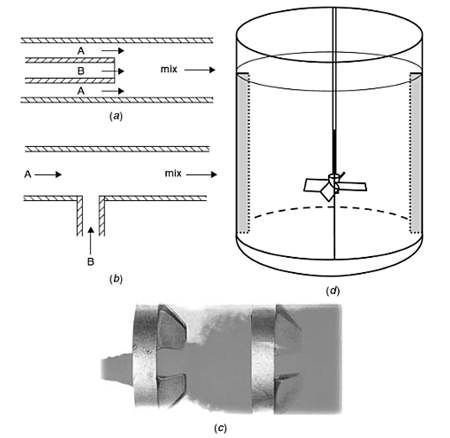Products
Solution
- Cosmetic application
- Chemical application
- Alkyd resin production line equipment
- Acrylic resin production line equipment
- (PU) polyurethane production line equipment
- Epoxy resin production line equipment
- Polyol production line equipment
- Silicone oil, varnish production line equipment
- Hot melt adhesive production line equipment
- Modified rosin resin production line equipment
- Adhesive production line equipment
- Water reducing agent production line equipment
- LED raw material mixing production line equipment
- Waterborne acrylic production line equipment
- Waterborne PU resin production line equipment
- Coating application
- New energy application
- Food application
- Pharmaceutical application
- Internet of Things application



